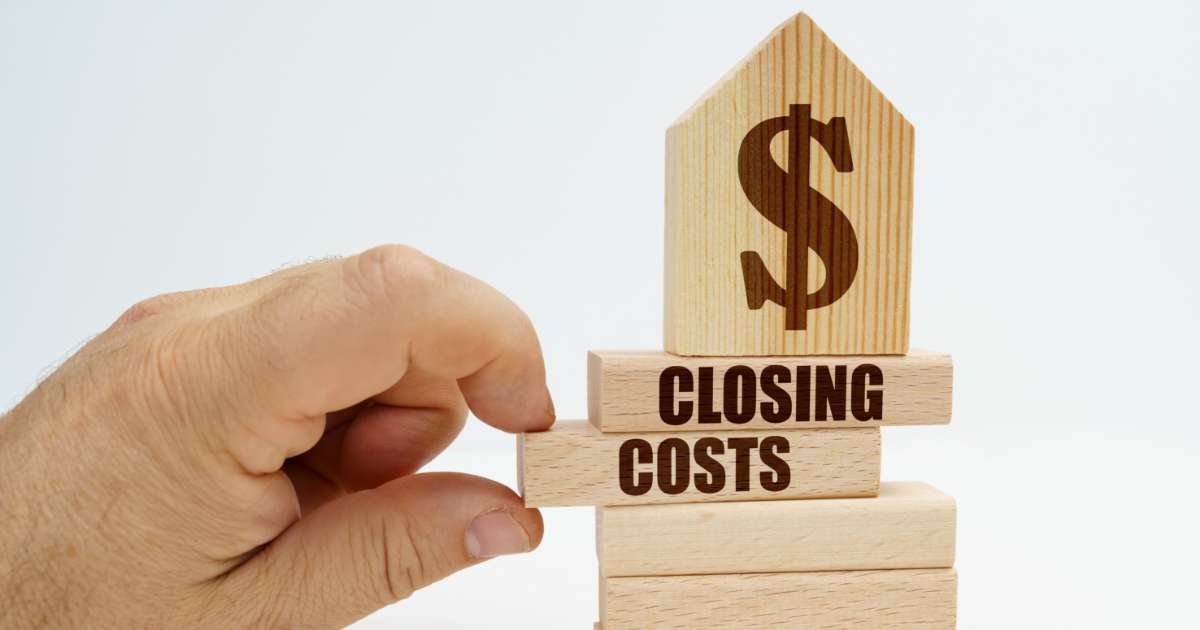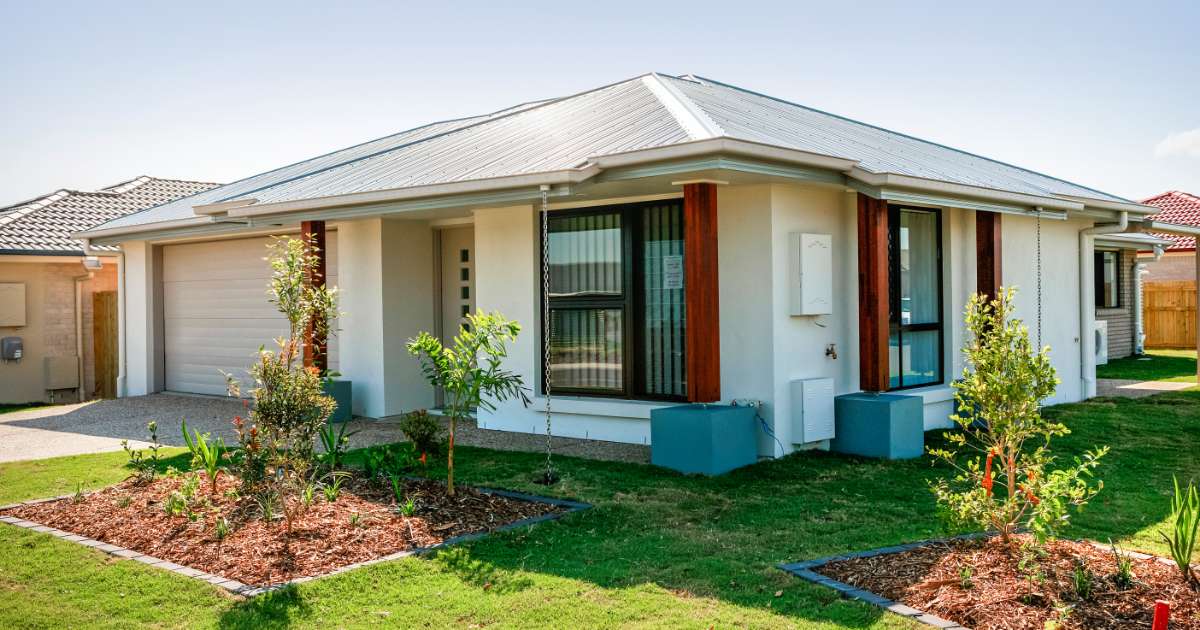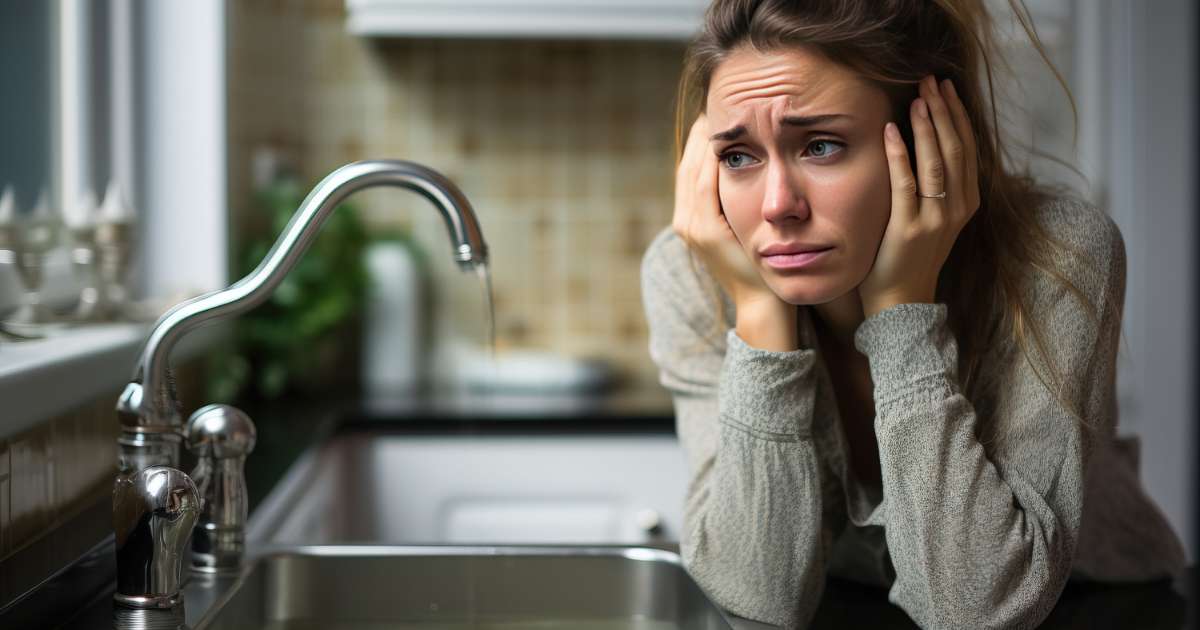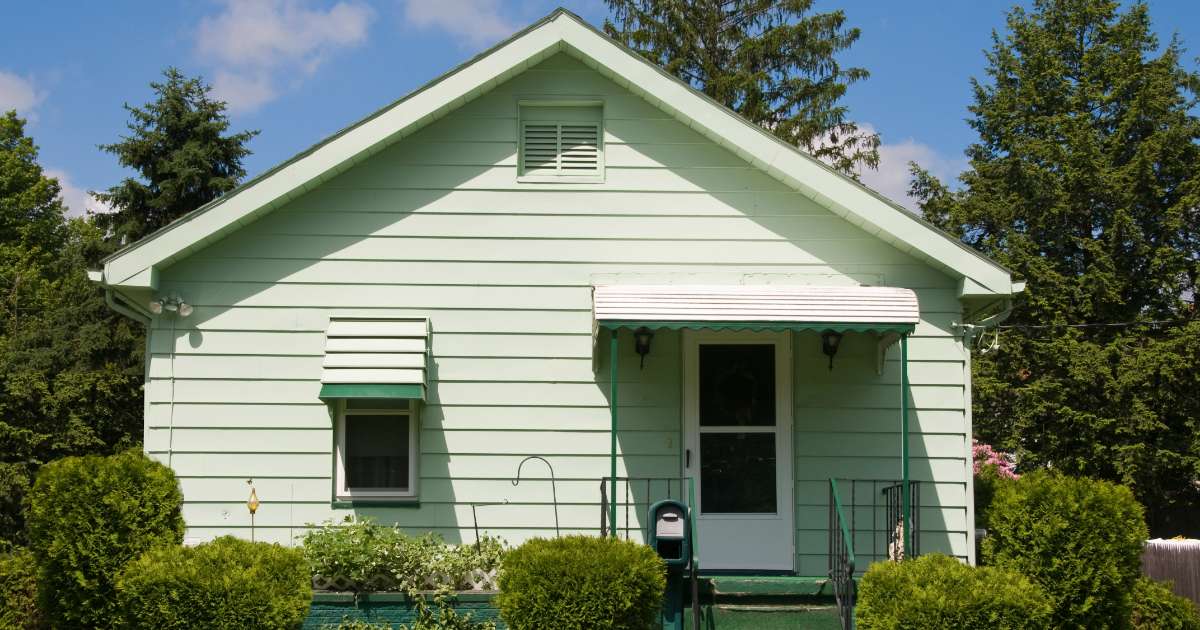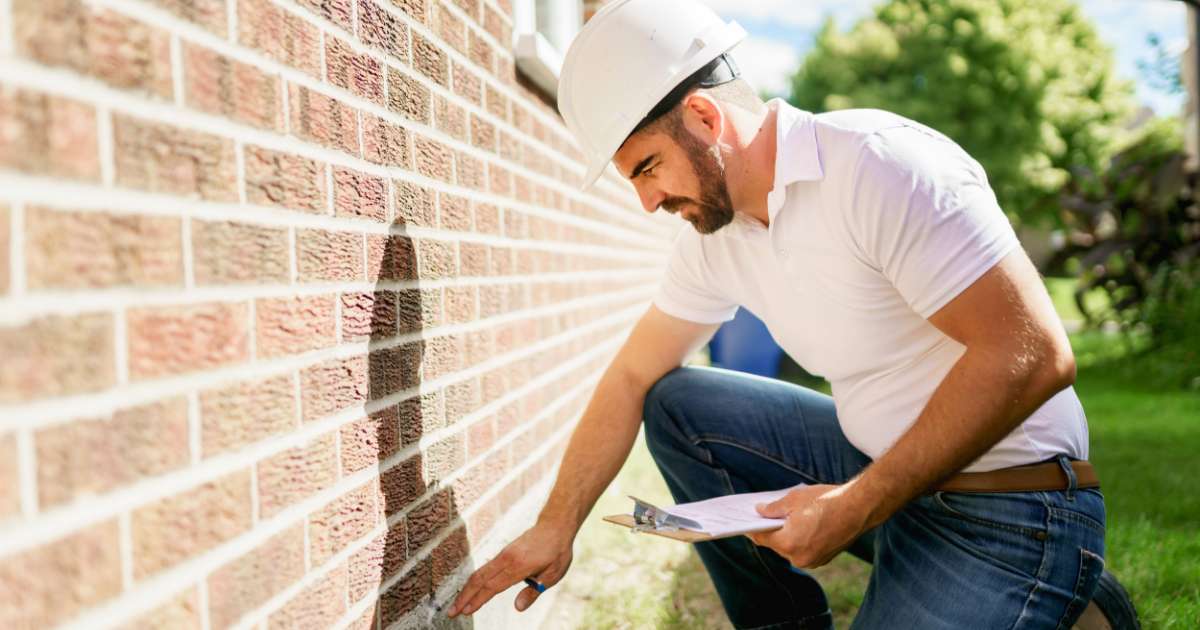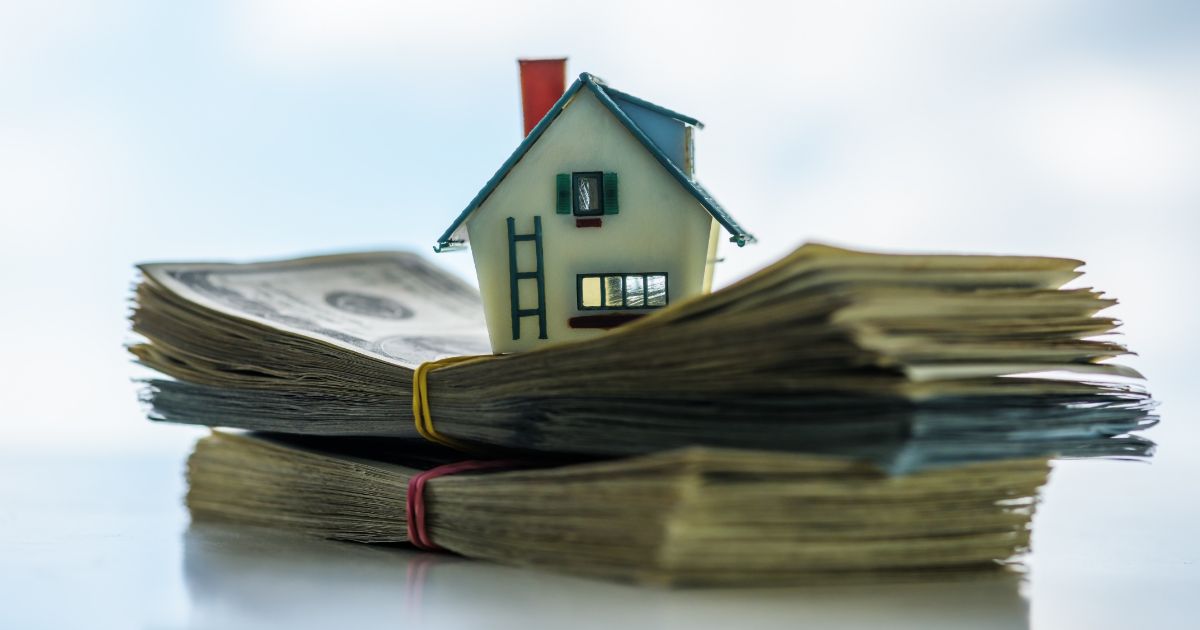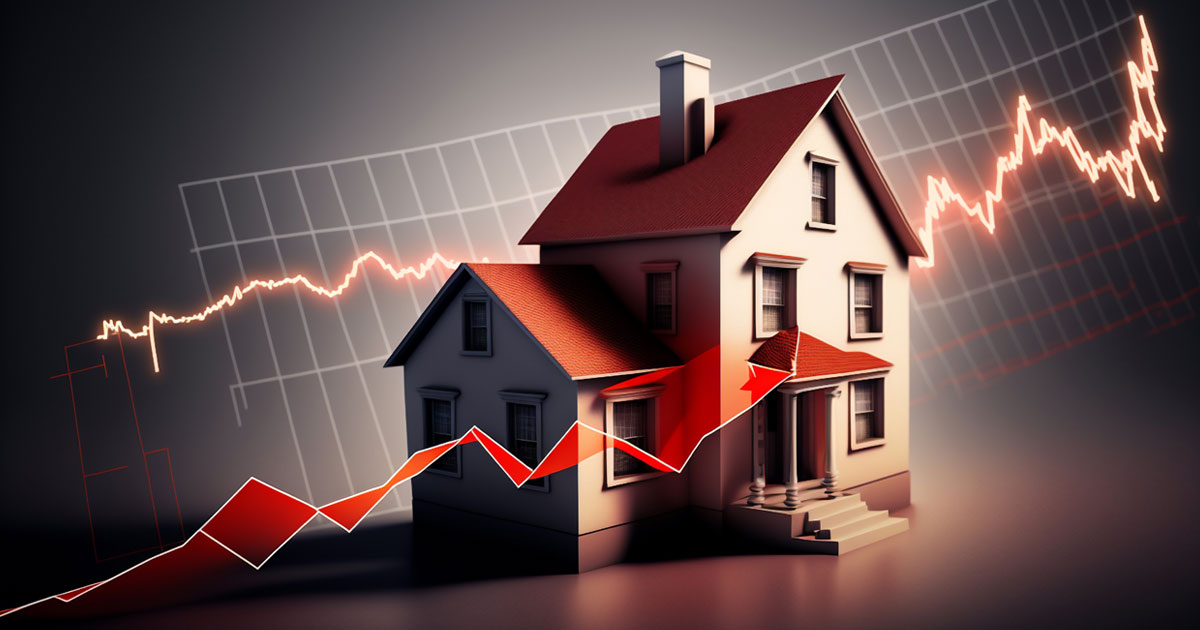Housing code violations are a common hurdle many homeowners face, especially when selling an older home in Jacksonville. But what happens if your house isn’t up to code? Can you still sell it? Let’s explore what code violations are, how they impact the sale process, and your options for selling a home with code violations in Jacksonville.
What are code violations?
A code violation occurs when a property fails to meet specific municipal or local standards established for health, safety, or structural integrity. These violations could be caused by improper renovations, outdated building materials, or simply failing to maintain a house to meet current safety requirements.
Some building codes are universal regulations enforced nationally. There are also state, county, and city building codes. These rules govern everything from electrical wiring to structural safety and are in place to ensure that a house is safe to live in.
Building codes are updated regularly, which means that old homes may not meet today’s standards. For example, a home built in the 1960s may not have ground-fault circuit interrupters (GFCI) installed on a bathroom power receptacle, which would be a violation of today’s National Electric Code. As these codes evolve, homeowners may find themselves in violation simply because their home was built to older standards.
If you are part of a homeowners association (HOA), additional rules may apply. HOAs in the Jacksonville area often impose their own standards for property upkeep and safety. Failing to meet these requirements could result in fines or additional barriers to selling your house.
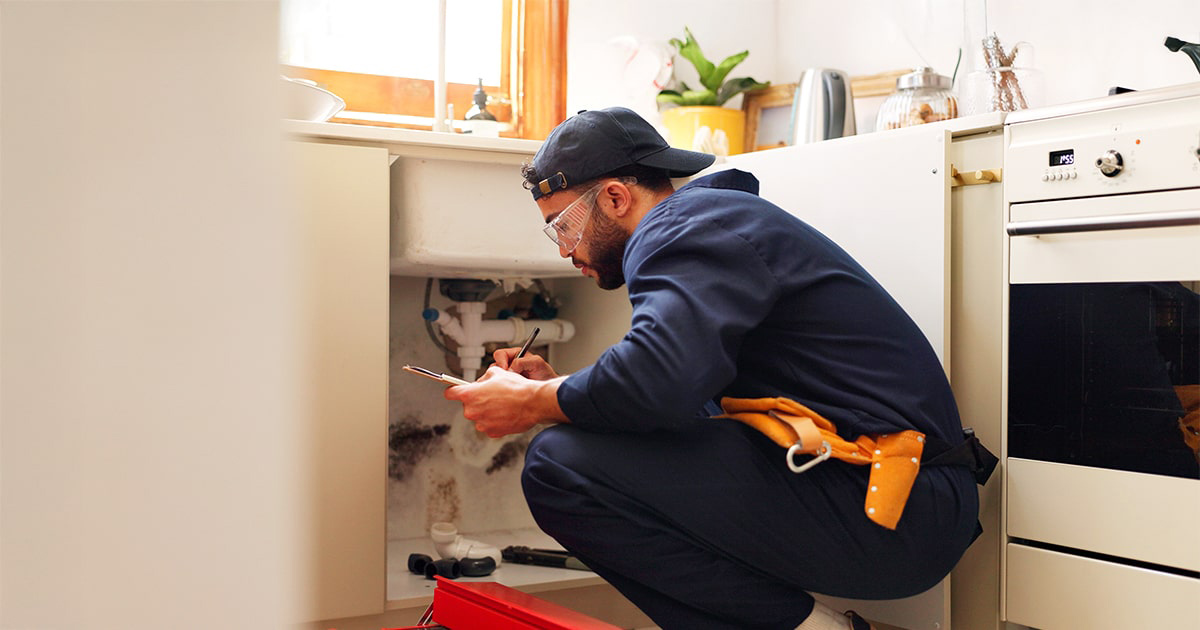
Common housing code violations
Here are some common code violations that homeowners often encounter:
- Lack of permits for renovations: Homeowners and contractors have been known to make repairs and renovations without pulling the necessary city permits.
- Improper renovations: If work such as a home addition was done in a way that constitutes a property standards violation, this is typically deemed a code compliance issue.
- Smoke alarm placement: Improper installation or lack of smoke alarms presents a serious fire hazard and is a violation of the Florida Building Code (FBC).
- Handrails without returns: The FBC also dictates that handrails must return to a wall, guard, or walking surface, or return to another rail. The purpose of this requirement is to prevent falls.
- Missing GFCI outlets: GFCI outlets are required in wet areas like bathrooms and kitchens to prevent electrical hazards.
- Improper bathroom venting: Improperly ventilated bathrooms can have mold and moisture issues.
- Missing deck flashing: Deck flashing is the barrier on your deck that keeps rain from entering your house. When flashing is missing, it can cause water damage and threaten the integrity of your deck.
- Overloaded electrical panels: Overloaded panels present a fire and a shock hazard, and they can damage home electronics like TVs, appliances, and computers.
- Inadequate amp circuits: Just like overloaded panels, inadequate amp circuits can cause fires and electric shocks.
- Inadequate windows: The FBC has several requirements for windows, especially around wind and impact resistance. In Florida, window strength rules are based on how close you live to the coast.
- Polybutylene piping: Polybutylene, or Poly-B, is a plumbing pipe material that was used from the late 1970s to the early 1990s. Poly-B pipes break down easily and are no longer up to US building code.
- Roof pitches not compliant with shingle requirements: “Roof pitch” means how steep your roof is. If you live in Florida, your roof has to be 17 degrees or steeper if you want to install asphalt shingles.
You can find the Florida Building Code here. You can often find local regulations on city and county websites.
What to do if you have code violations
In Jacksonville, sellers must disclose any known code violations to potential buyers. Failure to do so can lead to legal consequences down the line. Additionally, many buyers’ mortgage lenders may require certain repairs to be made before they approve the financing. This can create roadblocks in the sale process if your house doesn’t meet code.
Many buyers are hesitant to purchase a house with unresolved code violations. These violations can scare away potential buyers or make it more difficult for them to get financing. Addressing code violations can make your house more attractive to buyers, but this can be a stressful and time-consuming process involving a lot of upfront costs.
Some violations can be “grandfathered in.” For example, if you had electrical work done in 2010 that was up to code at the time but no longer is, you can often disclose this to the buyer without necessarily having to fix anything. For other violations, the buyer might accept a discount on the final sale price, or the issue may be so minor that the buyer lets it go.
If you have minor or major code violations and don’t want to invest in repairs, another option is to sell your house to a Jacksonville property buyer like We Buy Ugly Houses®.
Talk to us before getting up to code.
Selling a house with code violations doesn’t have to be a daunting task. While there are challenges, you have options. If the repairs are too extensive or you don’t have time to address the violations, consider selling your house with We Buy Ugly Houses. With our fast, hassle-free process, you can sell your house “as is” and move on without the burden of repairs.
Our Jacksonville team considers houses in all kinds of conditions, plus serves surrounding areas like Springfield and Neptune Beach. With 29 years in the business nationwide and over 150,000 houses purchased across the US, we bring expertise and reliability to every sale.
Don’t let housing code violations get you down. Reach out to We Buy Ugly Houses today!



